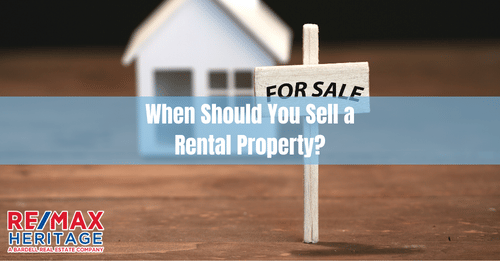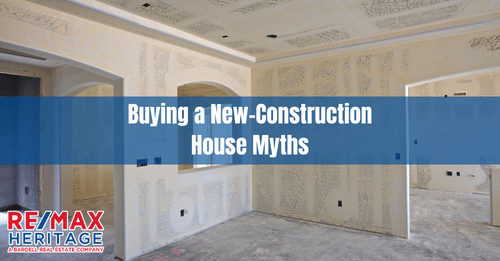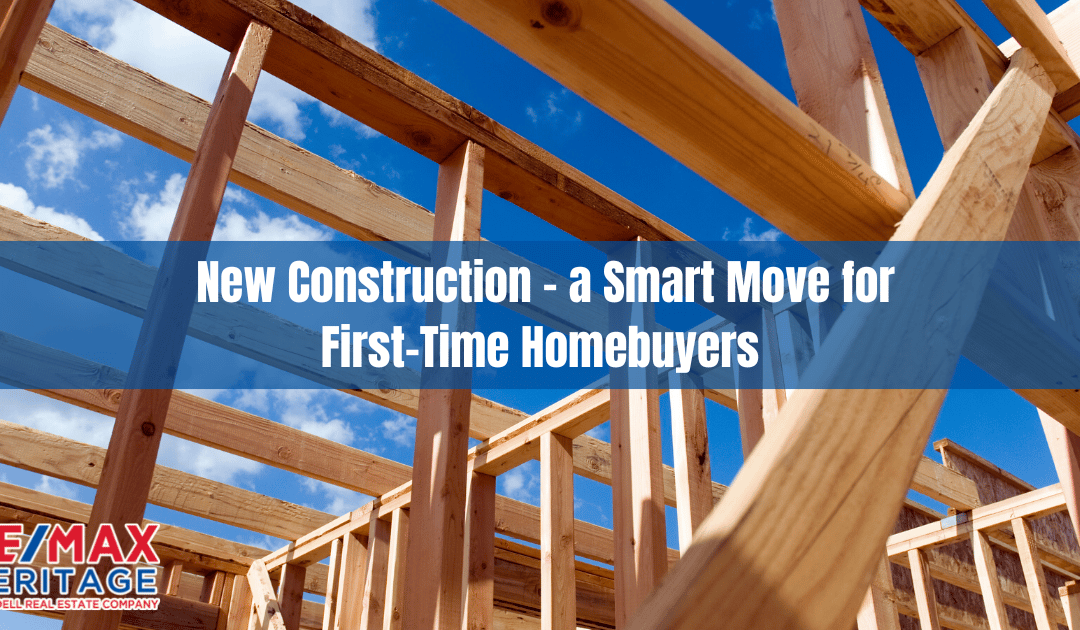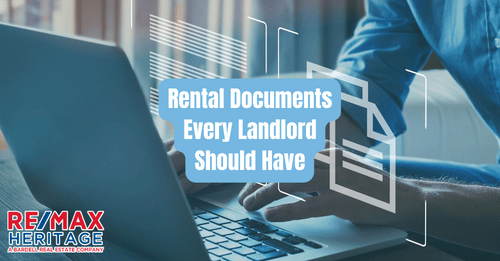
by Elsa Soto | Feb 3, 2023 | Blog, Homeowners, Homes, Villas and Condos, Investment Property in Florida, News, Property Management, Renters
When Should You Sell a Rental Property? When Should You Sell a Rental Property? Investment properties can be a lucrative source of passive income, but factors like profitability, maintenance, and the housing market at large can become good reasons to sell a...

by Elsa Soto | Feb 1, 2023 | Blog, Buyers, Homeowners, Homes, Villas and Condos, News, Real Estate News
Buying a New-Construction House Myths Buying a New-Construction House Myths Many first-time homebuyers might shy away from the prospect of buying a brand-new home, assuming: It will cost too much. It will take too long. While purchasing new construction is...

by Elsa Soto | Jan 31, 2023 | Blog, Buyers, Homeowners, Homes, Villas and Condos, New Construction, News
New Construction – a Smart Move for First-Time Homebuyers New Construction – a Smart Move for First-Time Homebuyers Many first-time homebuyers might presume they’re better off going used rather than new—in other words, purchasing a pre-existing property...

by Elsa Soto | Jan 27, 2023 | Blog, Homeowners, Homes, Villas and Condos, Investment Property in Florida, News, Property Management, Renters
Rental Documents Every Landlord Should Have Rental Documents Every Landlord Should Have A handful of tasks go into being a landlord — you’ll need to advertise your rental listing, screen prospective tenants, collect rent payments, turnover an apartment, and...

by Elsa Soto | Jan 26, 2023 | Blog, Local Events, News, Things to Do in Orlando
Orlando Magic Innovation Challenge Orlando Magic Innovation Challenge 2023 About this event The Orlando Magic Innovation Challenge is a 3-day event where developers, students, marketers, startup enthusiasts, graphic artists, and sports business professionals pitch new...

by Elsa Soto | Jan 26, 2023 | Blog, Buyers, Homeowners, Homes, Villas and Condos, New Listing, News, Property for Sale, Property for Sale in Orlando
Amazing Luxury Clermont Home Just Listed 11146 CRESCENT BAY BOULEVARD, CLERMONT, FL Click Here to Get Directions $1250000 4bed – 4bath – 0.4 acres lot Property Video | Photos | Maps & Local | Schools | Print Luxury living on the Clermont chain of...








